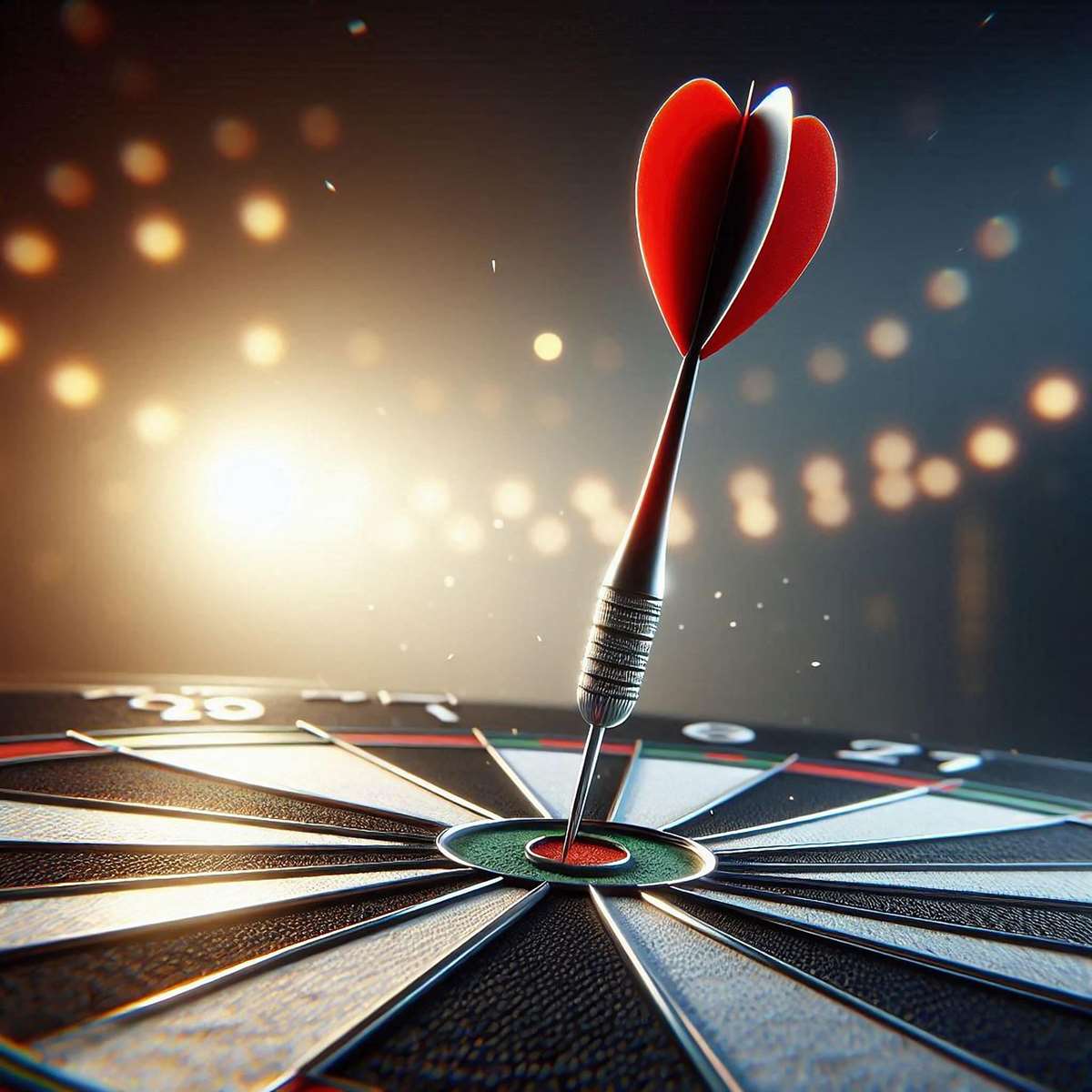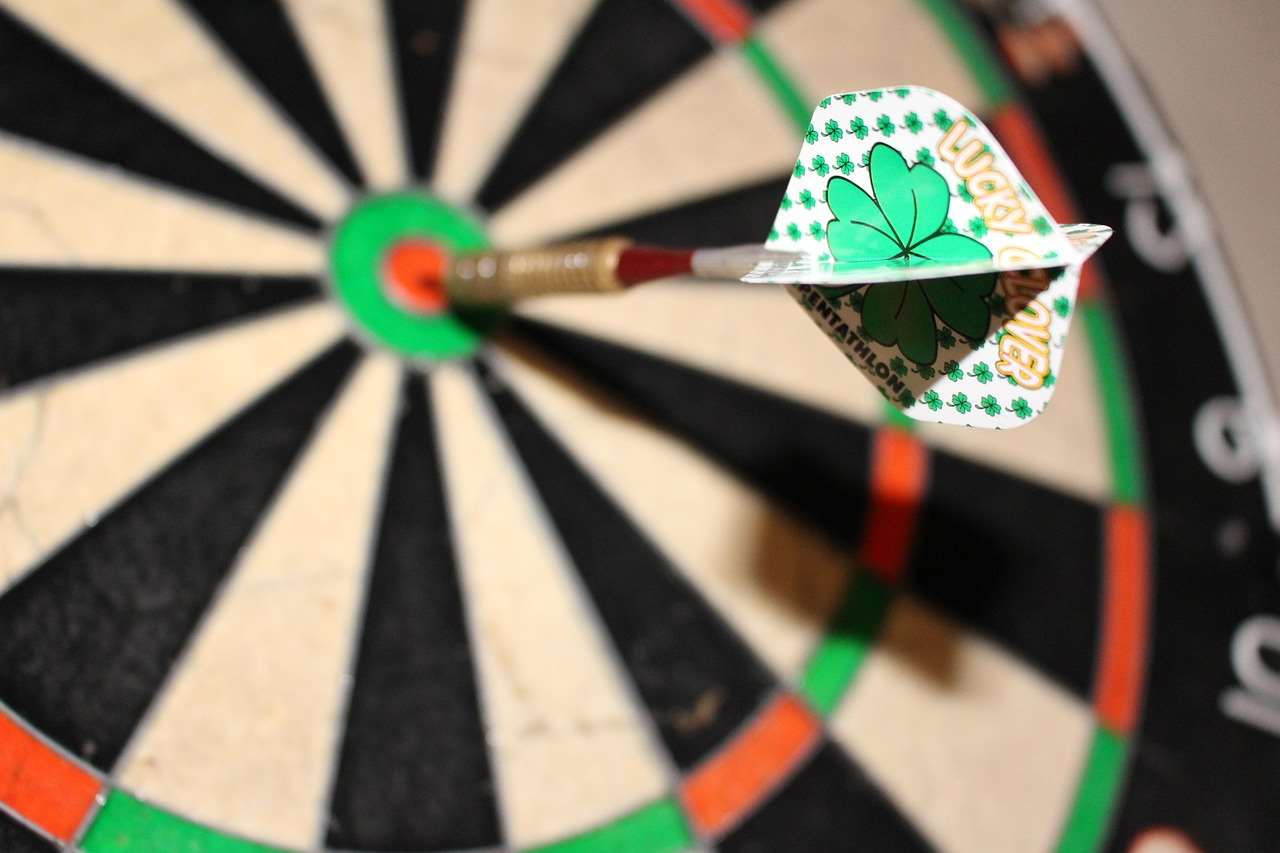Understanding darts player contracts tour details is crucial for aspiring and established professionals alike, as these agreements dictate earnings, tournament participation, and overall career trajectory. This article will demystify the intricacies of these contracts, covering tour card specifics, prize money distribution, sponsorship opportunities, and the responsibilities that players undertake.
⚠️ Still Using Pen & Paper (or a Chalkboard)?! ⚠️
Step into the future! The Dart Counter App handles all the scoring, suggests checkouts, and tracks your stats automatically. It's easier than you think!
Try the Smart Dart Counter App FREE!Ready for an upgrade? Click above!
Understanding Darts Player Contracts and Tour Details
Navigating the world of professional darts requires more than just skill with the tungsten. It involves understanding the legal and financial frameworks that govern the sport. Darts player contracts tour details can be complex, encompassing various aspects of a player’s career, from tournament entry to endorsement deals. This section will explore these crucial elements, providing a comprehensive overview of what players need to know.

The Importance of a Tour Card
A tour card is essentially a license to compete on the Professional Darts Corporation (PDC) circuit. Without a tour card, players are limited to participating in Challenge Tour and Development Tour events, as well as qualifying for European Tour events through associate member qualifiers. Securing a tour card opens doors to the more lucrative world of the PDC Pro Tour. You can also learn more about the Business of Darts to understand the market size.
- Earning a Tour Card: Tour cards are typically awarded through Q-School, an annual qualifying event. The top players at Q-School earn automatic tour cards, while others are ranked based on their performance.
- Tour Card Validity: Tour cards are generally valid for two years. Players must then requalify or maintain a high enough ranking to retain their card.
- Benefits of a Tour Card: A tour card grants access to all Players Championship events, UK Open qualifiers, and the opportunity to qualify for major televised tournaments such as the World Championship and World Matchplay.
Financial Aspects: Prize Money and Endorsements
While the allure of televised tournaments and cheering crowds is strong, the financial realities of being a professional darts player are a significant consideration. Understanding the prize money structure and seeking endorsement opportunities are vital for financial stability. This section delves into the specifics of how players earn a living in professional darts.
Prize Money Distribution
The PDC operates a tiered prize money system. The amount of money awarded varies depending on the tournament and the stage reached. Major televised tournaments offer significantly higher prize funds than Players Championship events. The how darts media deals work affects this prize money.
- Tournament Tiers: The World Championship, World Matchplay, and Premier League offer the largest prize funds, followed by other major televised events. Players Championship events offer smaller, but more frequent, opportunities to earn.
- Ranking Money: Prize money earned in PDC events contributes to a player’s ranking. Higher rankings lead to better seeding in tournaments and greater opportunities to qualify for major events.
- Deductions: It’s important to note that players are responsible for their own travel expenses, accommodation, and entry fees, which can significantly impact their net earnings.

Securing Sponsorships
Beyond prize money, sponsorships are a crucial source of income for many professional darts players. Sponsorship deals can range from small agreements with local businesses to lucrative partnerships with major brands. Successfully getting negotiation darts tv rights is another way to boost your career.
- Types of Sponsorships: Common sponsorships include deals with darts equipment manufacturers, apparel companies, and other brands that align with the sport.
- Building a Brand: Developing a strong personal brand is essential for attracting sponsors. This involves engaging with fans on social media, maintaining a professional image, and achieving consistent results on the oche.
- Negotiating Sponsorship Agreements: It’s advisable to seek legal counsel when negotiating sponsorship agreements to ensure that the terms are fair and beneficial.
Tour Details and Player Responsibilities
Being a professional darts player isn’t just about throwing darts. It’s a full-time job that requires dedication, discipline, and a clear understanding of the tour details and responsibilities involved. This section outlines the key obligations that players undertake when they sign up for the professional circuit.
Tournament Entry and Scheduling
Players are responsible for managing their own tournament entries and travel schedules. This involves registering for events, booking flights and accommodation, and ensuring they arrive at venues on time. Players should also learn about darts broadcasting rights explained.
- Registration Deadlines: Missing registration deadlines can prevent players from participating in crucial tournaments.
- Travel Logistics: The PDC circuit involves extensive travel, both domestically and internationally. Players need to be organized and efficient in managing their travel arrangements.
- Prioritizing Events: With a packed calendar of events, players need to carefully prioritize which tournaments to enter based on their ranking, prize money potential, and personal preferences.

Code of Conduct and Disciplinary Procedures
The PDC has a strict code of conduct that players are expected to adhere to. This includes maintaining professional behavior on and off the oche, respecting opponents and officials, and avoiding any actions that could bring the sport into disrepute. Violations of the code of conduct can result in fines, suspensions, or even expulsion from the tour.
- Fair Play: Players are expected to compete fairly and honestly, without resorting to cheating or unsportsmanlike behavior.
- Respect for Officials: Players must respect the decisions of tournament officials and avoid any confrontation or abuse.
- Social Media Conduct: The PDC also monitors players’ social media activity and can take action against those who post offensive or inappropriate content.
Legal Considerations in Darts Player Contracts
Darts player contracts are legally binding documents, and it’s essential for players to understand their rights and obligations. Seeking legal advice from a qualified sports lawyer can help players navigate the complexities of these agreements and protect their interests.
Contract Negotiation and Review
Before signing any contract, players should carefully review all the terms and conditions and seek clarification on any clauses they don’t understand. Negotiating favorable terms is crucial to ensure that the contract aligns with their career goals and financial expectations. Remember that darts tv rights value affects all the contracts.
- Exclusivity Clauses: Contracts may contain exclusivity clauses that restrict a player’s ability to endorse competing brands.
- Termination Clauses: It’s important to understand the circumstances under which a contract can be terminated, both by the player and the sponsor or organization.
- Intellectual Property: Contracts may address issues related to intellectual property, such as the use of a player’s name and image.

Common Pitfalls to Avoid
There are several common pitfalls that darts players should avoid when entering into contracts. These include:
- Signing contracts without fully understanding the terms.
- Failing to seek legal advice.
- Accepting contracts that are too restrictive or unfair.
- Neglecting to protect their intellectual property rights.
Future Trends in Darts Player Contracts Tour Details
The landscape of professional darts is constantly evolving, and darts player contracts tour details are likely to change in the future. Increased commercialization, the rise of online darts, and the growing popularity of the sport in new markets are all factors that could impact contract negotiations and player responsibilities.
The Rise of Esports and Online Darts
The increasing popularity of esports and online darts platforms could create new opportunities for players to earn income and build their brand. Contracts may need to adapt to address issues such as streaming rights, virtual endorsements, and participation in online leagues and tournaments.

Greater Emphasis on Player Welfare
There is a growing awareness of the importance of player welfare in professional sports, including darts. Future contracts may include provisions for mental health support, financial planning, and career transition assistance. As you become more serious, you can think about ITV darts broadcast deal.
Conclusion
Navigating the complexities of darts player contracts tour details is crucial for a successful career in professional darts. Understanding tour card requirements, prize money structures, sponsorship opportunities, and player responsibilities can empower players to make informed decisions and protect their interests. Remember to seek legal advice when necessary and stay informed about the evolving landscape of the sport. By taking a proactive approach to contract negotiation and career management, darts players can maximize their potential and achieve their goals on the oche. Ready to take the next step in your darts career? Consider researching opportunities to attend Q-School and learn more about securing sponsorships.
Hi, I’m Dieter, and I created Dartcounter (Dartcounterapp.com). My motivation wasn’t being a darts expert – quite the opposite! When I first started playing, I loved the game but found keeping accurate scores and tracking stats difficult and distracting.
I figured I couldn’t be the only one struggling with this. So, I decided to build a solution: an easy-to-use application that everyone, no matter their experience level, could use to manage scoring effortlessly.
My goal for Dartcounter was simple: let the app handle the numbers – the scoring, the averages, the stats, even checkout suggestions – so players could focus purely on their throw and enjoying the game. It began as a way to solve my own beginner’s problem, and I’m thrilled it has grown into a helpful tool for the wider darts community.